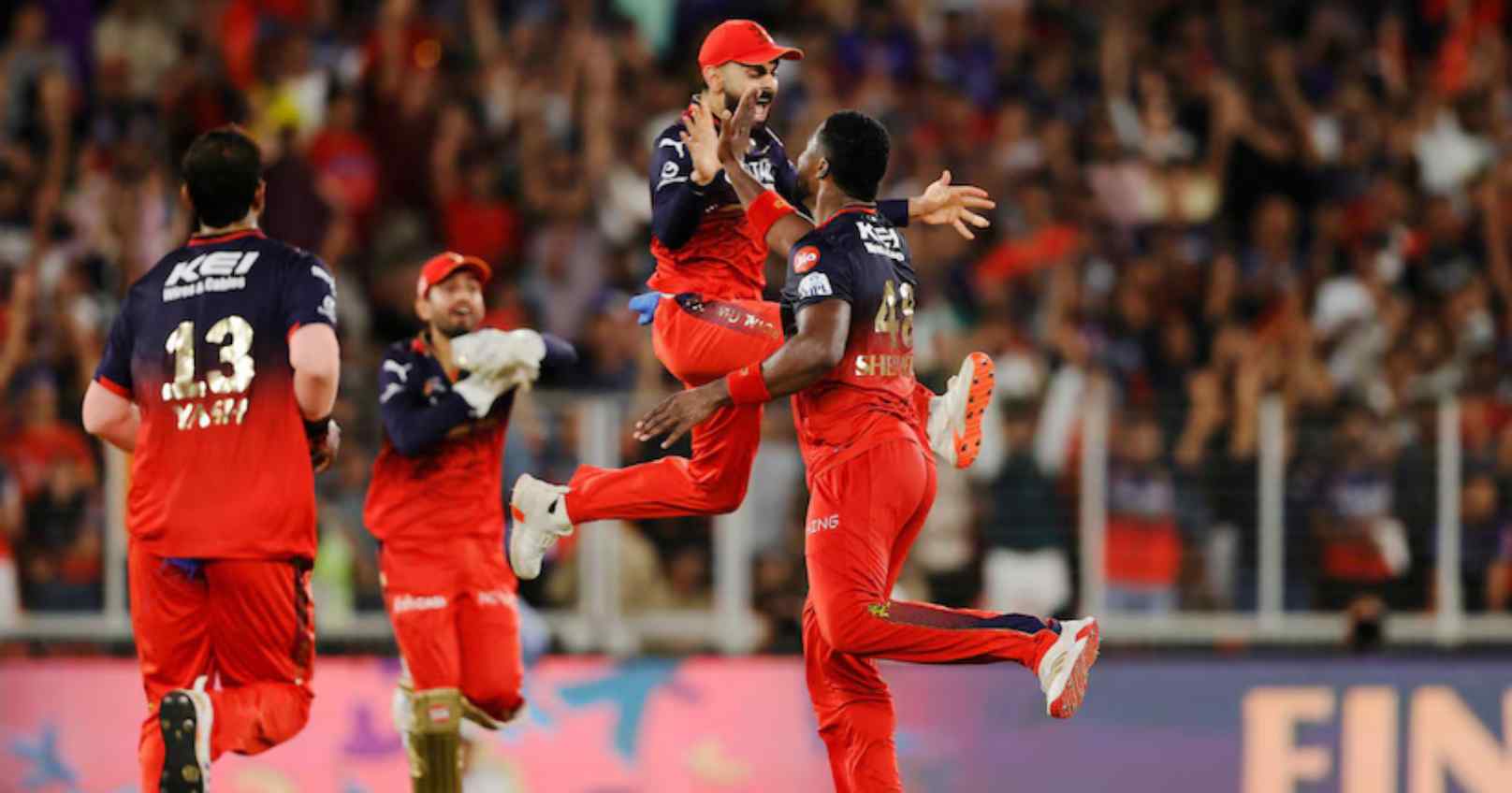The brutal terror attack in Kashmir’s Pahalgam, which left 26 people dead and 17 injured, has ignited a fierce public uproar against Pakistan’s Army chief, General Asim Munir. Many are accusing him of masterminding the deadly assault.
Defying a ban on the platform X, Pakistanis took to social media on April 25 to voice their outrage, launching hashtags like #ResignAsimMunir, #PakistanUnderMilitaryFascism, #UndeclaredMartialLaw, and #BoycottFaujiDhanda.
For years, Pakistan’s military has been accused of fueling cross-border terrorism to maintain its political dominance, but this attack has brought an unprecedented wave of criticism directly targeting the top brass.
Adding fuel to the fire, former Pakistani army officer Adil Raja alleged that General Munir had ordered Pakistan’s intelligence agency, ISI, to execute the attack. In a scathing post on X, Raja called for Munir’s immediate removal from power.
The anger was palpable across social media. “Remove Munir, free Imran Khan, and save Pakistan,” posted one user, while another demanded Munir’s resignation, calling him a danger to his own nation.
Supporters of jailed former Prime Minister Imran Khan, who has been imprisoned since August 2023, have played a major role in driving the online movement. While dissatisfaction with the military’s political interference has been building for months, the Pahalgam massacre has intensified the backlash.
Memes and critical posts targeting General Munir flooded timelines, with one user pointing out that banning X would only bolster India’s narrative. The ban on X, initially imposed during Pakistan’s February 2024 elections, was widely seen as a move to stifle dissent.
Resentment also stems from memories of last year’s Islamabad protests, where security forces under Munir’s command were accused of violently suppressing demonstrators.
For many Pakistanis, Munir has come to embody unchecked military power and growing authoritarianism.
In response to the rising criticism, pro-establishment accounts launched their own digital campaign, pushing hashtags like #ModiKeHaamiSabHarami to brand critics as Indian sympathizers. Over 9,000 posts using this hashtag were generated within just 24 hours, ending at 4 pm on April 25.
These same accounts have also been promoting hashtags such as #PAFReadyToRespond and #IndiaEmptyThreats, with over 15,000 posts combined, attempting to rally nationalist sentiment.
Indian Response Online
Meanwhile, Indian users have responded with a social media campaign of their own. The hashtag #PakistanBehindPahalgam trended prominently on April 25, amassing over 30,000 posts that squarely blamed Pakistan’s military establishment for the Pahalgam killings.
The online momentum picked up further after a resurfaced video clip of Pakistan’s foreign minister admitting that Pakistan had long facilitated terror networks for the United States gained traction. In the clip, the minister says, "We have been doing this dirty work for the United States for three decades," reinforcing the allegations of state-sponsored terrorism.







